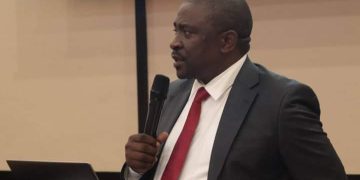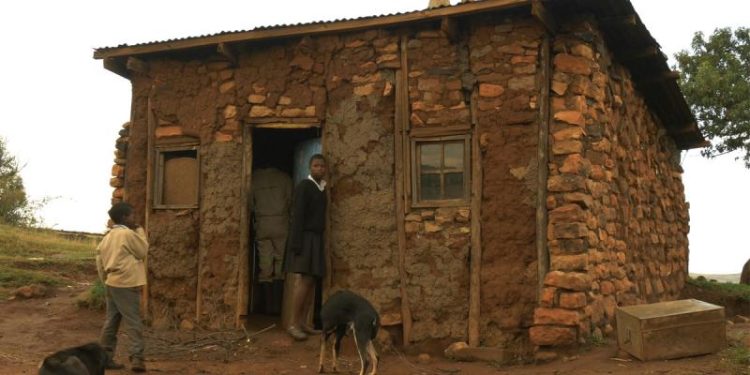Maseru
According to the findings of the Afrobarometer 2024 Survey, a significant 60% of Basotho are reported to persistently endure moderate to high levels of poverty, facing considerable challenges in meeting fundamental life necessities.
This sobering disclosure sheds light on the ongoing socioeconomic struggles within Basotho population.
Moreover, the survey delves into the perspectives of Basotho regarding poverty levels, as well as their encounters in obtaining essential identity documents like birth certificates and passports.
The Afrobarometer, a Pan–African, non-partisan research network conducts public attitude on democracy, governance, economic conditions, and related issues in Africa.
The network in Lesotho is led by Advision Lesotho and it is said to have interviewed at least 1200 adult Basotho in the February of 2024.
While revealing the findings, the National Investigator of Afrobarometer Lesotho, Libuseng Malephane shared that although the 60% is an 11 percentage-point decrease compared to what was gathered in 2020, moderate and high lived poverty remains prevalent in rural areas than in the urban areas and specifically, 62% of women experienced high lived poverty as compared 54% of men.
She further stated that, citizens with no formal education or only primary schooling reported the highest levels of lived poverty, 76% and 66%, respectively, compared to 33% of those with post-secondary qualifications.
The report also outlined that elderly Basotho have reported higher levels of moderate/high lived poverty which is 64% compared to the 50% of respondents aged 18-25.
Additionally, 85% of citizens reported having no cash income.
“Unemployment is the most important problem that Basotho want their government to address as cited by 63% of respondents as one of their responsibilities. Unemployment is followed by infrastructure/roads, water supply electricity and poverty,” she said.
The report criticizes the government’s performance, with 87% of Basotho believing it is failing to create jobs, 68% dissatisfied with efforts to improve living standards for the poor, and significant numbers unhappy with water and sanitation services (65%), reliable electricity (58%) and road maintenance (58%).
“Action is required here, we were often promised by those are government that they will address these issues but there is still no light.
At this juncture in our history something needs to change. We need effective poverty eradication and employment strategies, life for ordinary Basotho has to improve,” Malephane said.
As one of the stakeholders, World Vision Lesotho Project Coordinator, Tankiso Motipi emphasized the plight of women most particularly those vulnerable to poverty.
She said it is evident that women are still marginalised and so more should be done to empower them.
“There is still a lot to be done to empower and to equip women. The data has shown that women are mostly the ones who have endured poverty and this leaves them vulnerable to exploitation and human trafficking,” she said.
On the side-lines of the engagement, Katleho Mabeleng, a Member of Parliament who represents Hloahloeng Constituency told the Weekly Observer that this is a wake-up call for lawmakers to do more to free the country from poverty as well as to generate job opportunities.
“The purpose was mainly to scrutinize in areas where we are lagging behind as a nation. Afrobarometer is doing a good job in exposing our weaknesses so that we can be pushed to change the circumstances,” he said.
He added that, just like unemployment, the case study reveals that the government needs to do more to develop infrastructure in hard-to-reach areas.
“There are remote areas where you travel almost nine hours and those are places where we live in. In most cases, nothing much is required to address some of the challenges for instance, I mentioned the necessity of water boats where I come from.
They are fundamental instruments that can help to cross over rivers while the government mentioned is working on constructing bridges,” Mabeleng said.






